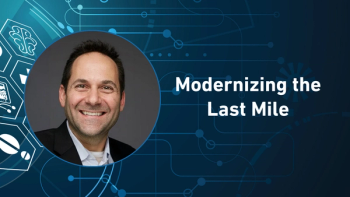
2015 Open Payments data are available at CMS.gov
check on your doc, a company or a form of compensation
Right on time this year, CMS has published the database of payments and other “transfers of value” from the healthcare manufacturers to physicians. A requirement of the Physicians Sunshine Act (in turn part of the Affordable Care Act of 2010), the database lists physician by name, and the type and quantity of payments; teaching hospitals are also so recorded in the same manner.
With two full years (and a partial report for 2013) now in hand, it’s possible to look for trends in the data. For the current Open Payments
• $2.60 billion in general (i.e., non-research related) payments
• $3.89 billion in research payments
• $1.03 billion of ownership or investment interests held by physicians or their immediate family members
These data have barely budged from what was reported in 2014: $7.49 billion total; $2.64 billion in general payments; and $3.79 billion in research payments.
The disclosure system is set up for individuals to run a check on a specific physician; the comprehensvie data files are also available for free downloading.
Also at the end of June, the Assn. of the British Pharmaceutical Industry (ABPI)
Newsletter
Stay ahead in the life sciences industry with Pharmaceutical Commerce, the latest news, trends, and strategies in drug distribution, commercialization, and market access.




